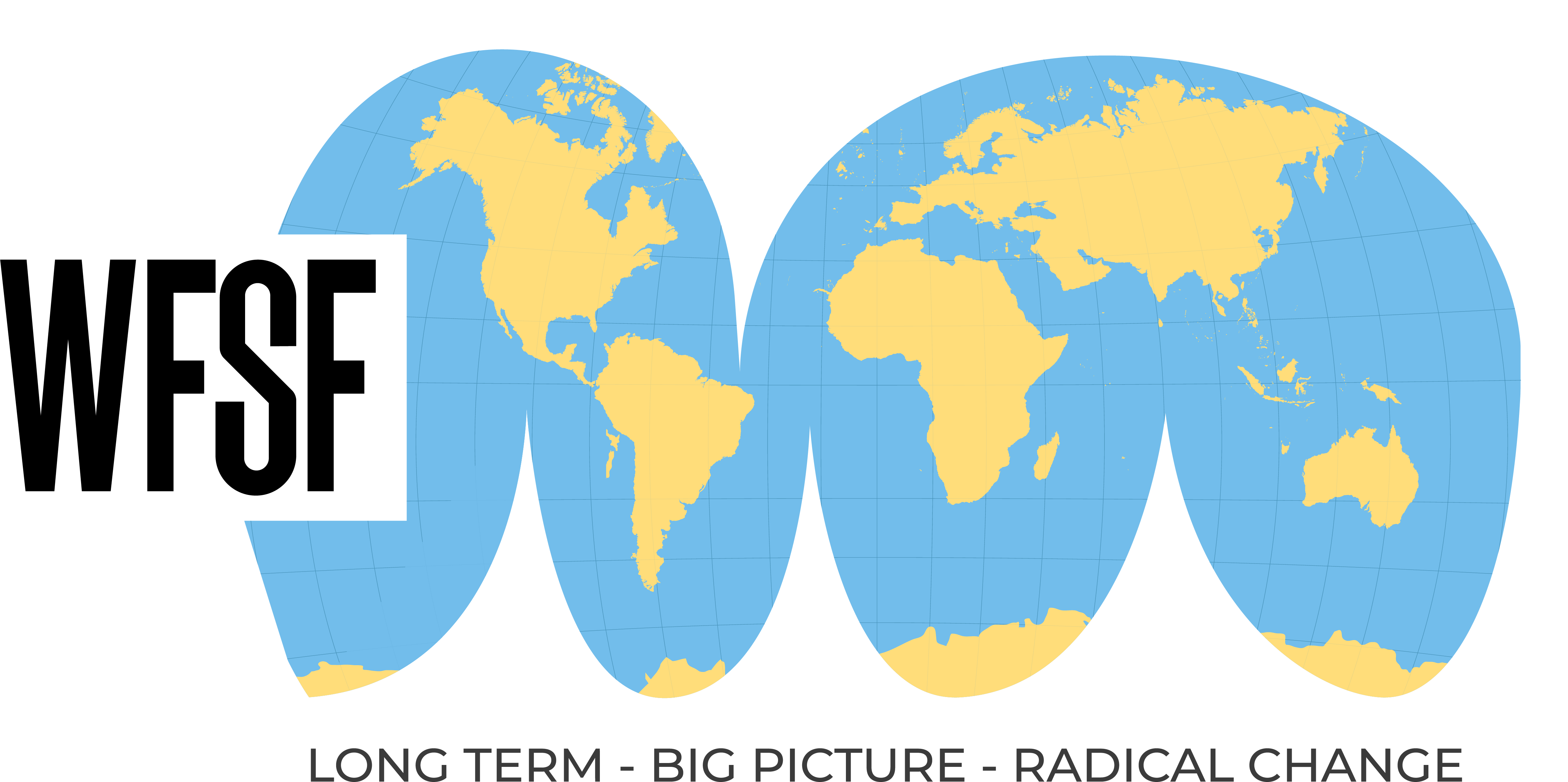24th World Conference

Modular Scenarios for Exploring Mission-Oriented Policy: Factor Trajectories, Actorness, and Interactive Methods for Developing Policy
Mission-oriented policies set long-term goals to address one or more wicked problem areas, and imply the need for future-oriented, transdisciplinary collaboration. As foresight is further adopted as a component of organizational governance, strategic foresight research outputs will be increasingly integrated with institutional configurations, organizational operations, and design and planning activities to address goals along an extended time horizon. However, given the rapid integration of foresight, the question remains – how is this integration best achieved given these very different contexts in which strategic foresight outputs are expected to perform prospective work?
This paper presents a modular approach to scenario development and presentation that can enable flexibility in utilizing the scenarios across a range of contexts. Our research looks at use cases for alternative future scenarios within a policy-oriented setting, drawing from experiences using global governance scenarios developed in the TRIGGER project as the primary strategic foresight inputs. A modular scenario approach can be useful when customizing scenario-based engagements with different thematic focuses, institutional contexts, and diverse participant groups. Additionally, scenario modules in deployed in different configurations can enable activities that facilitate rapid scenario comparisons across a number of factors, and the set the stage for strategic dialog and backcasting. In this paper, we present the modular scenarios developed within the TRIGGER project, and the utilization of these scenarios within three distinct settings: policy-making forward looking activities, the development of national strategy, and as the focus of future-oriented citizen engagement. We conclude with a discussion of instructional moments within each of these cases, and recommendations for further experimentation with the modular approach to integrating scenarios into governance decision-making processes.

